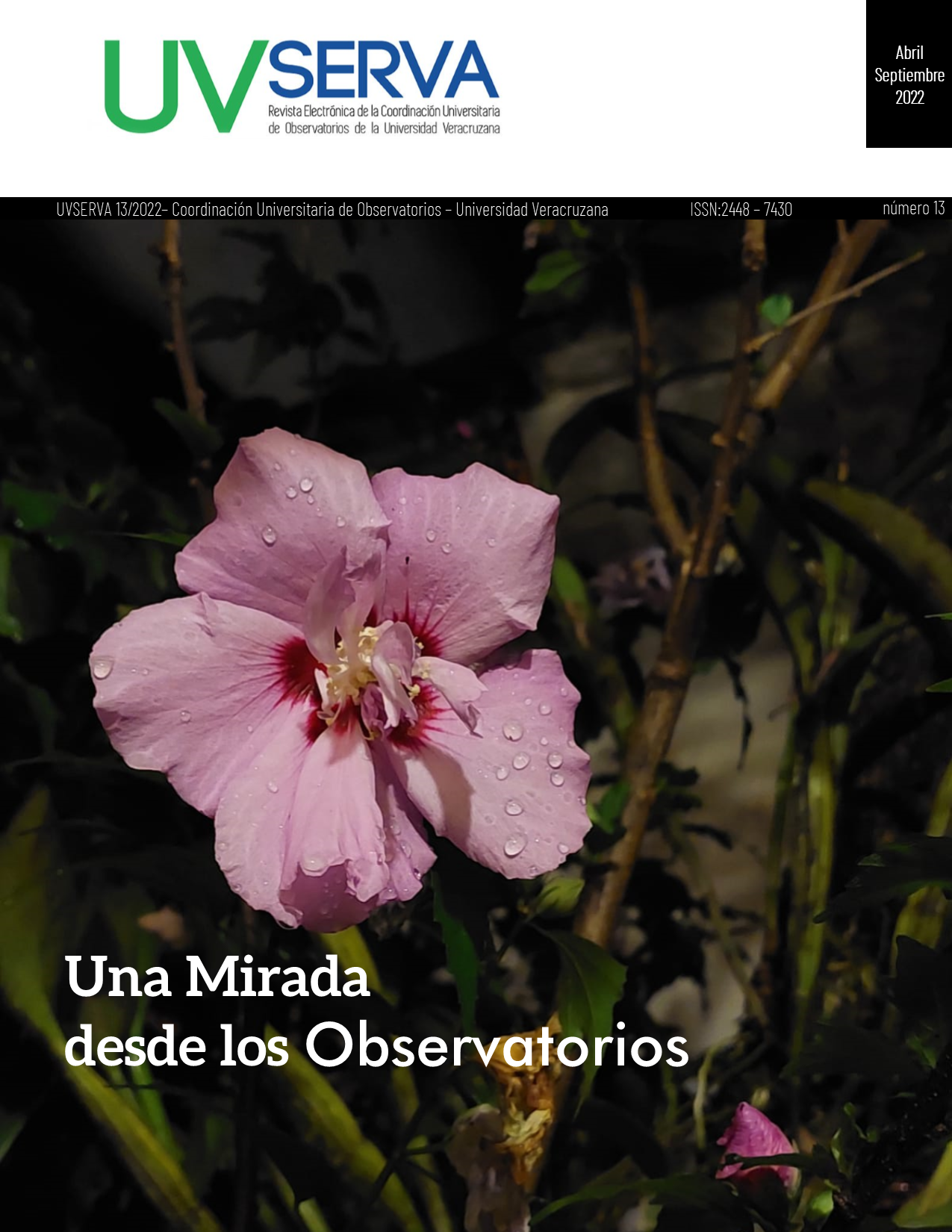Abstract
This article focuses on the study of the history of nineteenth-century housing architecture in a local context from a social approach, from the experiences of daily life told from both written and verbal narratives, which configure to the buildings as a symbolic reservoir of memories of elite family life, container of meanings and values that transcend beyond their material history. In this sense, the nineteenth-century houses located in the Historic Center of Xalapa are studied inductively, its history are underpinned by the sociocultural dynamics of the early twentieth century and is studied from the narratives of the witnesses of that time as a synthesis of relationships between materiality, social interaction and memory, which finally gives a scaffolding that favors the approach to the study of its history from a social vision.
In this sense, the nineteenth-century houses located in the Historic Center of Xalapa are studied inductively, its history are underpinned by the sociocultural dynamics of the early twentieth century and is studied from the narratives of the witnesses of that time as a synthesis of relationships between materiality, social interaction and memory, which finally gives a scaffolding that favors the approach to the study of its history from a social vision.
References
Castoriadis, C. (1975) La institución imaginaria de la Sociedad, Tusquets editores.
Flores M. (1968) Mi destierro en Xalapa 1865 Colecc. Suma veracruzana Serie. Viajeros Editorial Citlaltepetl.
García-Morales S. (2001) Xalapa en Aras de “La paz y el progreso” En G. Bermúdez Gorrochotegui (Coord.) Sumaria Historia de Xalapa (133-156). H. Ayuntamiento de Xalapa.
Geertz, C. (1973). The interpretation of cultures. Basic Books Inc.
González-Navarro, M. (1957) El Porfiriato: La vida Social (Tomo IV de la Historia Moderna de México). México: Editorial Hermes.
González y González L. (2010). Viaje por la historia de México (2da ed.) Editorial Clío, libros y videos: México.
Halbwachs, M. (1968). Memoria colectiva y memoria histórica en Reis: Revista española de investigaciones sociológicas, 69 (1995), 209-219.
Katzman I. (1993) Arquitectura del siglo XIX en México, Editorial Trillas.
Krieger, P. (2006). Paisajes urbanos: Imagen y memoria, UNAM.
Lira-Vázquez, C. (1990) La arquitectura del siglo XIX. En Para una historia de la arquitectura mexicana (pp. 117-158) Tilde Editores.
María-Carreño A. (mayo-agosto, 1951) Las clases sociales de México. [ponencia] en Primer Congreso Nacional de sociología. Revista Mexicana de Sociología (pp. 257-264) Universidad Nacional Autónoma de México.
Montaner, J. y Muxí, Z. (2010). Reflexiones para proyectar viviendas del siglo XXI. Dearq, (6), 82-99. https://doi.org/10.18389/dearq6.2010.09
Moscovici, S. (1985). Psicología social. Vol. II Pensamiento y vida social, psicología y problemas sociales. Barcelona, España. Ediciones Paidós Ibérica, S.A.
Pasquel L. (1975) Xalapeños distinguidos. Editorial Citlaltepetl: México
Prieto, G. (2008) Una excursión a Jalapa en 1875. Universidad Veracruzana: Xalapa.
Ricoeur P. (2002) Arquitectura y Narratividad en Arquitectónics DOSSIER Pág. 9-29, UPC Ediciones
Sifuentes-Solís, M. y Torres-Landa A. (2014), “La E-A de la ‘Historia de la Arquitectura’ en las IES de la era digital: hacia una nueva etopía”, Revista Iberoamericana de Educación Superior (RIES), 5(13), 117-141, http://ries.uni-versia.net/index.php/ries/article/view/283
Silva, A. (2013). Imaginarios: el asombro social. Universidad Externado de Colombia
Waisman M. (1993) Historiografía arquitectónica. Caracterización de la disciplina. En el interior de la historia. Colección Historia y teoría Latinoamericana pp. 14-40 Escala.

This work is licensed under a Creative Commons Attribution-NonCommercial 4.0 International License.
Copyright (c) 2022 Karla Lorena Lozano Merino

